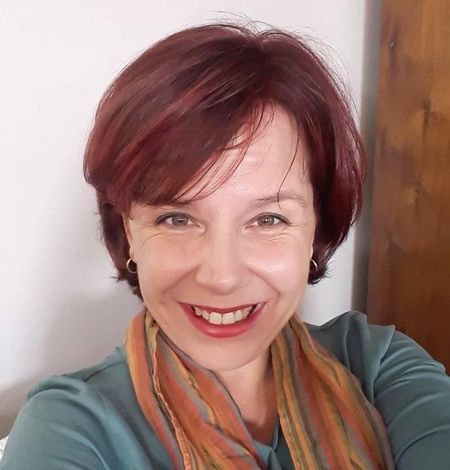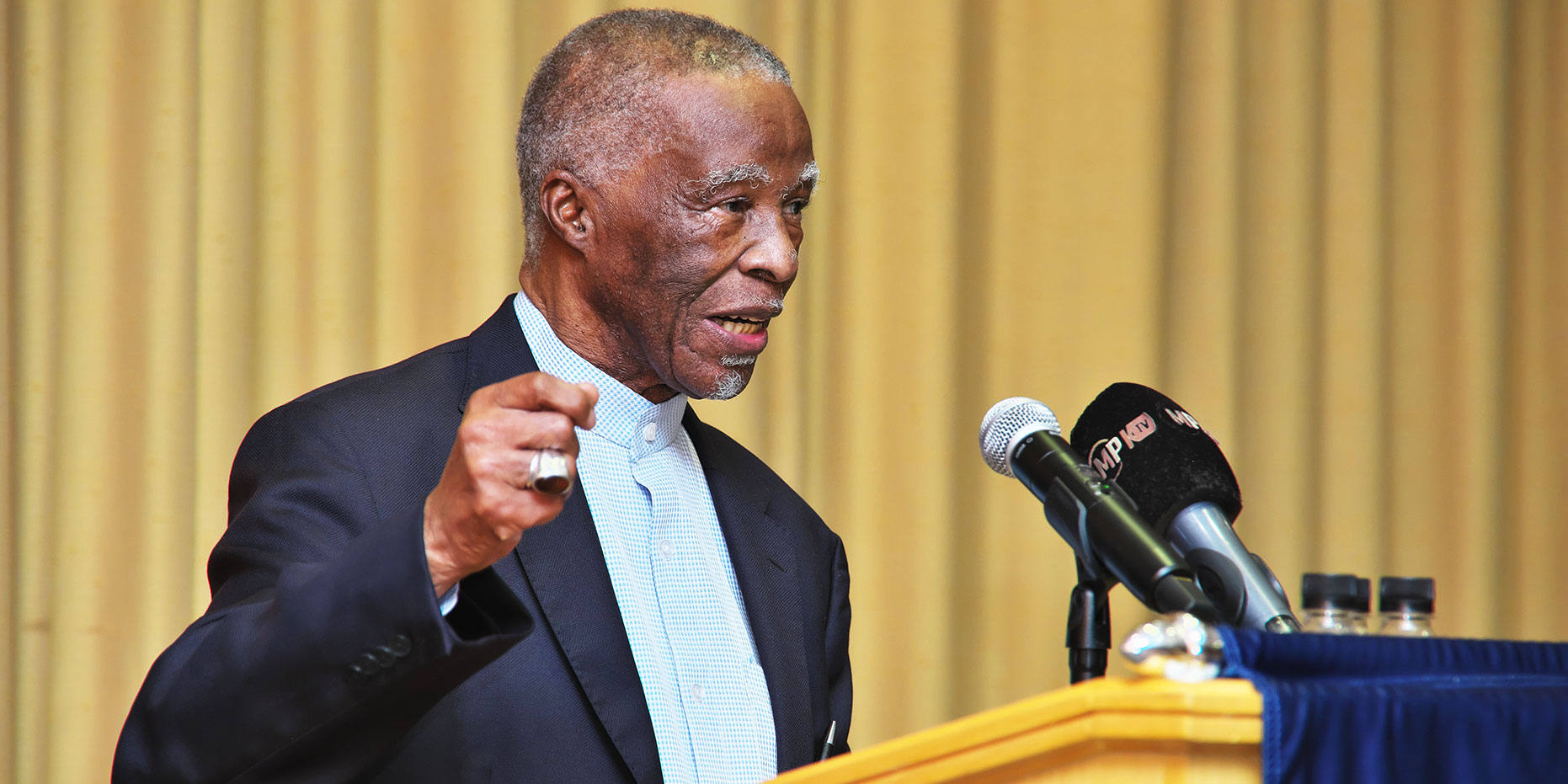Former president Thabo Mbeki on Saturday called for a change in the way South Africa’s President is elected.
At the launch of the National Dialogue for the Eastern Cape higher education sector at Nelson Mandela University in Gqeberha, Mbeki said, “The manner in which we elect the President is wrong. The question is never asked if a President is capable and a fit and proper person.
“When Parliament said I must become president, they did not have a clue what I was capable of doing, and they never asked.”
He said this was one of the issues the National Dialogue had to address.
Read more: Taking back our dreams and our country — why the National Dialogue is the only way forward
Explaining the importance of the higher education sector taking part in the National Dialogue, Mbeki said, “When I was asked to comment about South Africa at 30 years, I said we need an intervention. The economy is in crisis. Politics is in crisis. We have a crime and corruption crisis. Even our relations with the rest of the continent are in crisis. There is nothing that does not say crisis.”
He said that before the national elections last year, he examined the manifestos of political parties and concluded that politicians did not have the answers.
It was time for South Africans to provide the answers, said Mbeki. “And by answers, I don’t mean [political] promises. Answers can only come from the people, not political parties.” This, he said, was the basis of his proposal for a National Dialogue.
He said it would be crucial for thought leaders from the higher education sector to take part in the dialogue, as “the country depends on their brains”.
He said the National Development Plan was a brilliant vision for the country, but it was not a plan. “And that is the intelligentsia’s fault,” he said.
“They should have intervened and said, ‘This is what must become of the National Development Plan.’ They should have said: “We have a very good vision, but what is the plan?”
The National Development Plan was adopted by the Cabinet in 2012 and provided a roadmap of how South Africa would develop by 2030.
“The vision was never translated into practical steps,” said Mbeki.
“With the National Dialogue, this is what you now need to contribute,” he told the audience.
He said the higher education sector had an important role to play in changing the narrative that “black people always fail” and ensuring that young people were not demoralised and demotivated.
He called on the sector to provide tangible, practical solutions to tackle the multiple crises facing South Africa and said representatives from the country’s universities should also advise the 32 different constituencies in the National Dialogue, be they women, civil society organisations, businesspeople, labour representatives, traditional leaders or religious bodies.
Touching on the controversial issue of National Health Insurance (NHI), Mbeki asked why there had not been a comprehensive discussion with health professionals about the new scheme.
“No effort has been made to talk to the health professionals to resolve questions on the NHI; their intellectual input has not been made,” he said.
“In the end, the National Dialogue will happen,” he said. “Practically to answer to the whole bundle of crises facing the country. For this, the country’s intelligentsia will be a very important player. Our intelligentsia has a much broader task.
“I think it is the beginning of a different process. Not just to discuss higher education, but also the question: What does our intelligentsia do to provide an answer to the multiple crises in our country? You have a responsibility. You are the only body that can legitimately say: ‘We are the thought leaders.’ The politicians are not thought leaders. I don’t know what they lead, but they are not thought leaders.” DM





 Former president Thabo Mbeki speaking on Saturday at the National Dialogue for the Eastern Cape higher education sector. (Photo: Michael Sheehan)
Former president Thabo Mbeki speaking on Saturday at the National Dialogue for the Eastern Cape higher education sector. (Photo: Michael Sheehan)